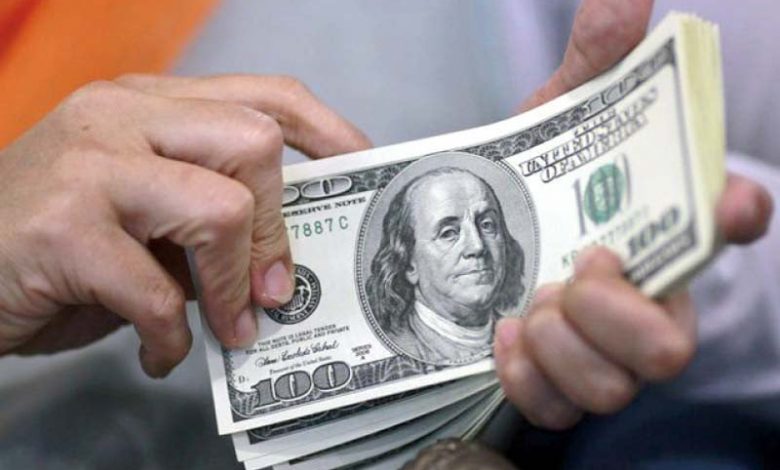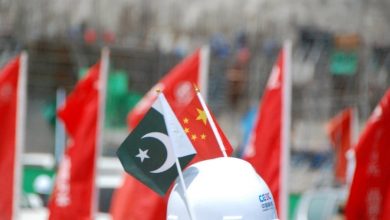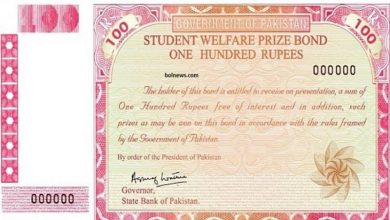July remittances hit $3 billion

Workers’ remittances sent home by overseas Pakistanis remained robust at $3 billion in July 2024, significantly stabilising the country’s foreign exchange reserves, improving its ability to make foreign payments, and helping maintain the current account balance at nearly breakeven for the month.
The strong inflows bolstered the domestic currency, which appreciated by Rs0.13 on a day-to-day basis, extending its recovery to Rs278.50 against the US dollar in the inter-bank market on Friday. This marked the second consecutive day of gains.
According to the State Bank of Pakistan (SBP), workers’ remittances surged by nearly 48% to $3 billion in July 2024, compared to $2.03 billion in the same month last year. The encouraging inflows were recorded from across the globe, with significant contributions from Middle Eastern countries like Saudi Arabia and the UAE, where a large number of Pakistani expatriates reside.
However, the inflows dipped slightly by 5% compared to June 2024, which saw a historic high of $3.16 billion. Despite this dip, Speaking to The Express Tribune, Muhammad Awais Ashraf, Director of Research at AKD Securities, noted that the July figures were higher than expected, especially considering the usual dip following Eidul Azha, which occurred in mid-June.
Ashraf attributed the sustained high inflows to the increasing number of Pakistanis moving abroad in search of better job opportunities and living standards. These expatriates are sending substantial funds to their families back home, contributing to the elevated remittance levels.
Additionally, the crackdown on illegal currency markets and illicit traders, combined with the stability in the rupee-dollar exchange rate, has encouraged expatriates to send money through official channels. Ashraf noted that some non-resident Pakistanis who previously held onto their funds due to currency volatility have also begun remitting through official means.
Looking ahead, Ashraf projected that workers’ remittances could sustain the $3 billion mark per month, potentially totalling around $35 billion for the fiscal year 2024-25. In FY24, remittances rose by 11% to $30.25 billion, up from $27.33 billion in FY23.
Ashraf also pointed out that elevated international petroleum prices have been a key factor behind the healthy inflows in recent months, including July 2024. However, he warned that a prolonged dip in global oil prices could pose a risk to future remittance levels. Moreover, a return of volatility in the rupee-dollar exchange rate or the reestablishment of grey currency markets could derail the positive trend. He stressed the importance of maintaining good practices in local currency markets and controlling the smuggling of foreign currency abroad to sustain these healthy inflows.
Country-wise inflows
The remittances from the UAE surged by nearly 94% to $611 million in July 2024, compared to $315 million in the same month last year. Inflows from Saudi Arabia rose by 56% to $761 million, up from $487 million in July 2023.
Remittances from the United Kingdom increased by 45% to $443 million, compared to $307 million in the previous year. Non-resident Pakistanis sent 26% higher remittances from other GCC countries, totalling $289 million compared to $228 million. Inflows from the United States increased by 24% to $300 million, up from $241 million, while remittances from EU countries also rose by 24% to $351 million, compared to $283 million last year.
They sent 44% more funds, totalling $240 million, from other countries around the world in July 2024, compared to $167 million in the same month last year.
Rupee gains
In addition to the healthy remittance inflows, the country’s foreign exchange reserves increased by $51 million to $9.15 billion on Thursday, further supporting the domestic currency’s uptrend. The rupee gained a total of Rs0.18/$ over the past two working days, closing at Rs278.50/$ on Friday. The open market also remained stable, with the currency holding steady at Rs280.40/$ for the fifth consecutive working day, according to the Exchange Companies Association of Pakistan (ECAP).
The currency markets appeared to ignore Finance Minister Muhammad Aurangzeb’s statement regarding the expected increase in foreign debt over the next three years, focusing instead on the immediate positive impacts of the remittance inflows.





